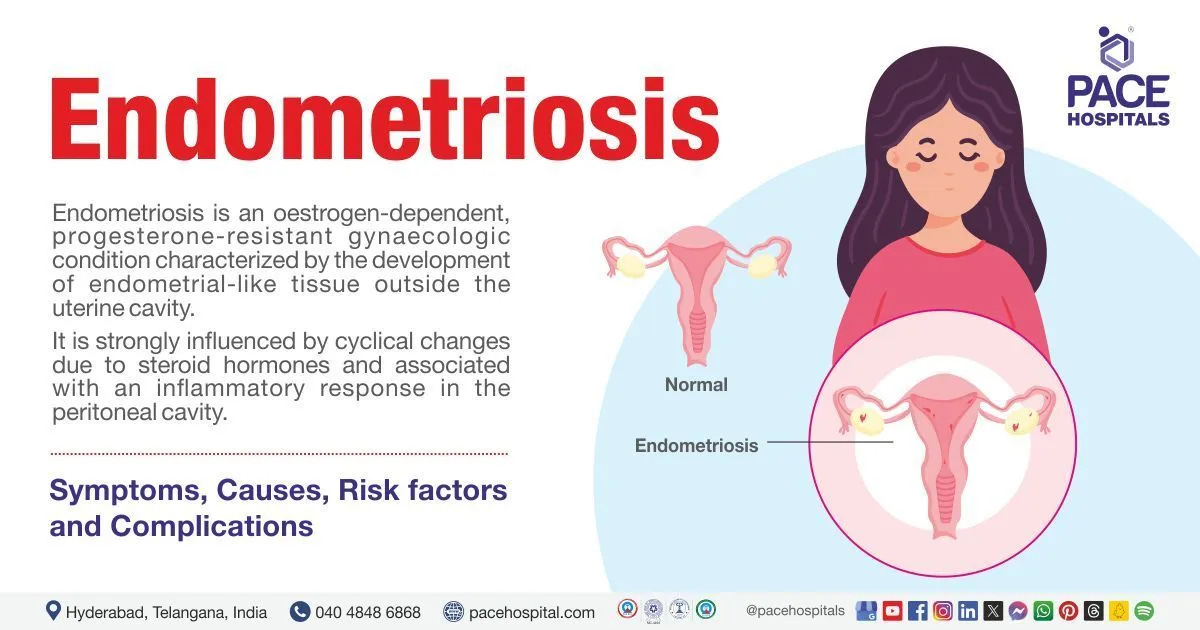Understanding Myths and Facts of Endometriosis
Written by Azzy Xiang
Endometriosis is a complex and often misunderstood condition that affects millions of women worldwide. Characterized by the growth of endometrial-like tissue outside the uterus, it can cause severe pain and infertility - tissues inside the uterus grow in places they don’t belong, bleeding during normal period cycles but having no way to expel the blood from the body. Despite its prevalence, many myths surround this condition, leading to misinformation and stigma that is nowhere near true.
One common myth is that endometriosis only affects women in their reproductive years. While it is most frequently diagnosed in this age group, it can also affect adolescents and post-menopausal women. Also, the severity of symptoms does not always correlate with the extent of the disease; some women with advanced endometriosis may have mild symptoms, while others with minimal disease may experience debilitating pain.
Another misconception is that endometriosis is merely a painful period. While painful menstruation (dysmenorrhea) is a symptom, endometriosis can cause chronic pelvic pain, pain during intercourse, and even gastrointestinal issues. This chronic pain can significantly impact a woman's quality of life, making it crucial to seek proper diagnosis and treatment: going far beyond the period-like symptoms that many are aware about.
Many people believe that pregnancy cures endometriosis. While pregnancy can temporarily alleviate symptoms for some women, it does not cure the condition. Endometriosis can return after childbirth, and women may still experience symptoms while trying to conceive.
So, what can we do about endometriosis?
Diagnosis often involves imaging tests or laparoscopic surgery, as there is no definitive non-invasive test. Treatment options vary, including pain management, hormonal therapies, and surgical interventions.
Most importantly, increased awareness can lead to earlier diagnosis and better treatment options. Now that you’re aware of what’s the true story behind endometriosis, hopefully you’ll make better-informed decisions or help others make informed decisions regarding this disease.
Written by Azzy Xiang from MEDILOQUY


